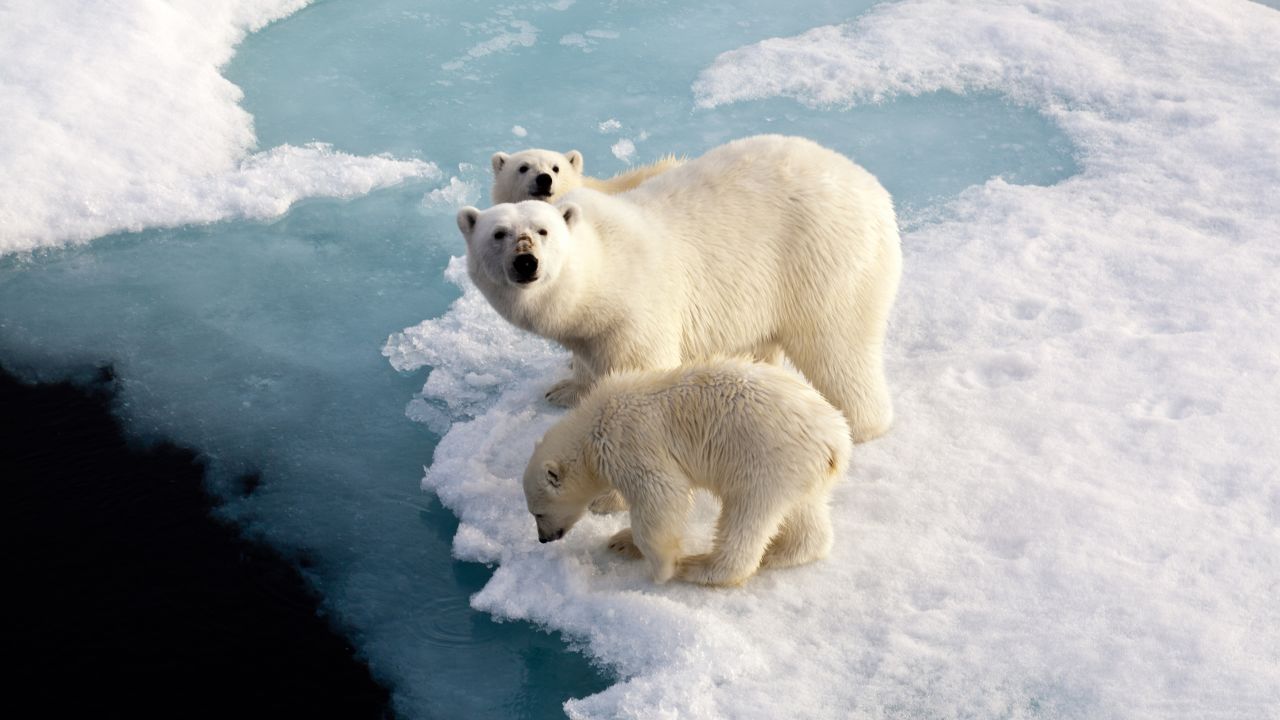Climate change has significant global consequences for politics, including increased migration and displacement due to rising sea levels and environmental disasters. It can also cause conflict and instability, as well as shift global economic power towards low-carbon industries. Geopolitical alliances may change, and developing countries may face increased pressure to reduce emissions and adapt to climate change. Effective action requires new forms of global governance, political mobilization, and coalition-building among different actors. Regional cooperation is also key, as is a renewed commitment to multilateralism and global diplomacy. Climate change is already affecting politics, and its consequences will only become more pronounced as global warming continues.
10 Global Consequences of Climate Change in Politics
Climate change is one of the most pressing issues the world faces today, with dramatic and far-reaching potential consequences for the environment, society, and the global political order. The political impact of climate change is already being felt across the world, as governments, international organizations, and civil society groups grapple with how to address the problem. Here are 10 of the most significant global consequences of climate change in politics.
1. Increased Migration and Displacement
One of the most immediate and visible consequences of climate change is likely to be increased migration and displacement, as people are forced to flee their homes and communities in the face of rising sea levels, drought, and other environmental disasters. This is likely to pose a major challenge for governments, both in terms of providing assistance to displaced populations and managing the influx of new migrants.
2. Increased Conflict and Instability
As communities struggle to cope with the effects of climate change, there is a risk of increased conflict and instability, particularly in regions that are already experiencing social or political tension. This could be exacerbated by the competition for scarce resources such as food, water, and land, as well as the displacement of large numbers of people.
3. Shifts in Global Economic Power
As the world confronts the challenge of mitigating and adapting to climate change, there is likely to be a shift in global economic power away from traditional fossil fuel-based industries and towards clean energy technologies and other low-carbon industries. This is likely to have significant implications for global trade and investment patterns, with winners and losers emerging from the change.
4. Changes in Geopolitical Alliances
The geopolitics of climate change are complex and multifaceted, with a range of different interests at play. Some countries may seek to collaborate on climate change issues, while others may see it as an opportunity to gain strategic advantage or increase their influence. This could lead to shifts in traditional geopolitical alliances, with new partnerships and rivalries emerging.
5. Increased Pressure on Developing Countries
As the world’s most vulnerable populations face the brunt of the impacts of climate change, there is likely to be increased pressure on developing countries to take action to reduce emissions and adapt to changing conditions. This may include demands for climate finance and technology transfer from richer countries, as well as efforts to ensure that climate change policies do not exacerbate existing inequalities and injustices.
6. New Forms of Global Governance and Diplomacy
The challenge of addressing climate change effectively will require new forms of global governance and diplomacy, which can facilitate greater cooperation and coordination across different regions, sectors, and interests. This may include new institutional arrangements, such as a global carbon pricing mechanism, as well as greater coordination and cooperation on issues such as technology transfer and climate finance.
7. Greater Public Awareness and Activism
Climate change is already driving greater public awareness and activism around the world, as people become more aware of the risks and impacts of global warming. This has the potential to create new opportunities for political mobilization and action, as well as greater pressure on governments and other actors to take urgent and meaningful action to address the problem.
8. New Political Actors and Coalitions
Addressing climate change effectively will require the participation of a wide range of actors, including governments, civil society organizations, private sector firms, and academic and research institutions. This will likely lead to new forms of political engagement and coalition-building, as different groups come together to advocate for more ambitious and effective climate policies.
9. Enhanced Regional Cooperation and Integration
Climate change has the potential to create new opportunities for cooperation and integration across different regions of the world. This may include efforts to share best practices and technologies, exchange information and expertise, and coordinate policies and actions in areas such as renewable energy development, energy efficiency, and climate adaptation.
10. New Challenges for Global Diplomacy and Multilateralism
The challenge of addressing climate change will require a renewed commitment to global diplomacy and multilateralism, amidst growing awareness of the limits of individual action and the need for collective action. This may include efforts to strengthen the role of global institutions such as the United Nations Framework Convention on Climate Change (UNFCCC) and the Paris Agreement, as well as greater coordination and cooperation across different sectors and interests.
